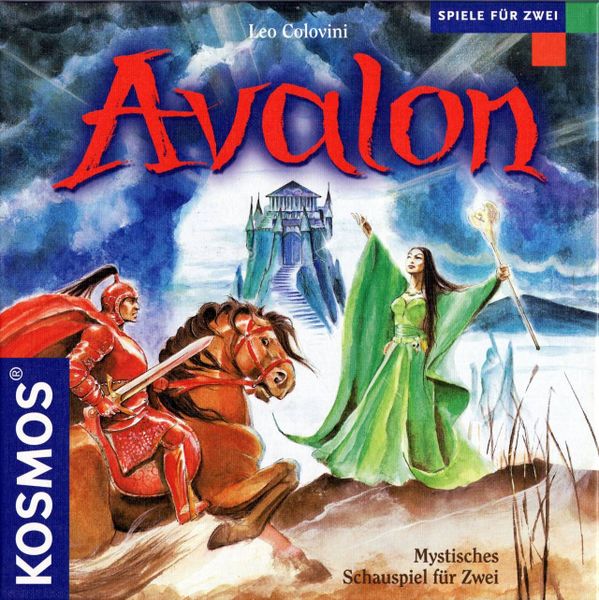Avalon (2003) Board Game
Avalon is a popular card game released in 2003 that takes players on a journey of exploration and fantasy. Designed by Anke Pohl, Thilo Rick, and Sabine Weiss, the game is known for its immersive gameplay and strategic depth. With stunning art by KOSMOS, Avalon has captured the hearts of players worldwide.
Game Components of Avalon
How To Setup Avalon
To set up Avalon, players are first dealt character cards that indicate whether they are servants of Arthur or minions of Mordred. A script is read out to inform the evil players of each other’s identities. The game components, including the character cards, quest cards, and voting tokens, are then distributed. The leader token is passed to the first player, who begins the team selection phase.
Gameplay Mechanics and Game Objective
Player Experience
Playing Avalon involves intense social interaction, deduction, and bluffing. Players must discuss and accuse each other to determine who is loyal to Arthur and who is a minion of Mordred. The game can be played in different styles, ranging from pure deduction to heavy bluffing and accusations. This dynamic ensures that each game is unique and engaging, keeping all players involved until the end.
Pros
Cons
Personal Thoughts on Avalon
Avalon is ideal for fans of social deduction games who enjoy intense social interaction, discussion, and bluffing. It is a great fit for groups looking for a game that promotes teamwork, strategy, and a bit of deception. The game is suitable for both experienced gamers and those new to the genre, as it offers a balance of complexity and accessibility. However, it may not be the best choice for players who prefer more straightforward or less socially demanding games.
We are supported by our audience. When you purchase through links on our site, we may earn an affiliate commission, at no extra cost for you. Learn more.

